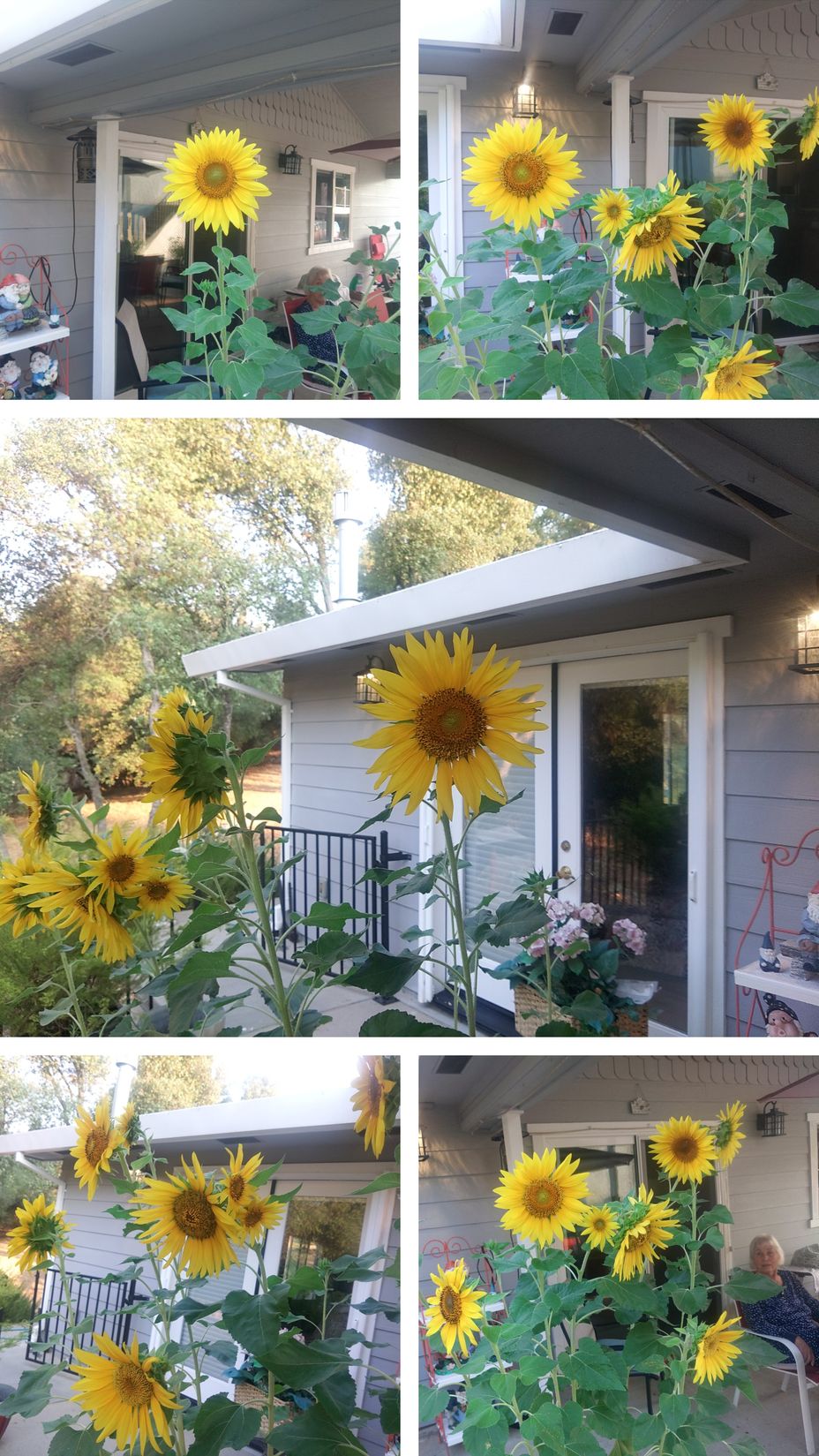I'm new here!
Hi, my name is PlayfulWren18923. I'm here because
#MightyTogether #ADHD #Crohn 'sDisease#Endometriosis #EhlersDanlosSyndrome #TrigeminalNeuralgia
Hi, my name is PlayfulWren18923. I'm here because
#MightyTogether #ADHD #Crohn 'sDisease#Endometriosis #EhlersDanlosSyndrome #TrigeminalNeuralgia
Hi, my name is SomeNerve. I'm here because I am a 21 year veteran of chronic facial pain and I have written a lot about it. I am hoping to have some essays published here.
Hi, my name is Crowdreamer. I've been diagnosed with
#MightyTogether #Anxiety #Depression #Fibromyalgia #ADHD #PTSD #AutismSpectrumDisorder #SjogrensSyndrome #TrigeminalNeuralgia
Hi, my name is BeTheLight406. I'm here because
I have been recently diagnosed with Trigeminal neuralgia (TN) still attempting to navigate what this means to my life!
Hi, my name is Mightymouse4. I'm here because
#MightyTogether #MultipleSclerosis #Fibromyalgia #Diabetes #Osteoporosis #TrigeminalNeuralgia #BellsPalsy #Anxiety #Depression

Mom and I grew some sunflowers this year and they came out pretty cool. I can never decide what my favorite flower is can you? feel free to comment #OCD #MDD #ChronicPain #RareDisease #MuscularDystrophy #DegenerativeDiscDisease #PeripheralNeuropathy #allodyni a#TrigeminalNeuralgia
Hi, my name is Crosscountry2. I'm here because my husband has trigeminal neuralgia for 13 years. I was married fir 5 years before he got sick. He is in so much pain. This disease has completely ruined are life. I just retired and am not looking forward to this life of watching him suffer and watching everyone live life.
If you've ever felt a sudden, stabbing facial pain so intense it stops you in your tracks — you may already know the agony of Trigeminal Neuralgia (TN).
Often called the “suicide disease” due to its severity, TN is a chronic pain condition affecting the trigeminal nerve, which carries sensation from your face to your brain. Even light touch, a breeze, or brushing your teeth can trigger excruciating electric shock-like pain.
😞 Life with TN isn’t just painful — it’s unpredictable, exhausting, and isolating.
💡 So, where does PEMF come in?
PEMF (Pulsed Electromagnetic Field) therapy uses low-frequency electromagnetic waves to stimulate the body’s natural healing processes. While it's not a cure, PEMF has shown promise in:
✅ Reducing nerve pain and inflammation
✅ Supporting nerve regeneration
✅ Helping with sleep, mood, and stress — all of which can worsen TN flare-ups
✅ Improving blood circulation to affected areas
Some users report gentler, less frequent attacks and improved daily functioning after consistent use.
⚙️ How to use PEMF for Trigeminal Neuralgia:
Choose a device with adjustable intensity and frequency
Apply gently to the affected side of the face (always avoid direct eye contact area)
Use low frequency (2–10 Hz) sessions daily or as advised
Always consult your healthcare provider, especially if you have implants or are on medication
Trouble sleeping has kicked in yet again, and I know my worsening mental health isn’t helping, either. This September will be twenty years of my chronic migraines. Or, more so, the horrendous pain and symptoms that literally have never left my side.
A few months ago, I was diagnosed with trigeminal neuralgia. Additionally, I have fibromyalgia, depression, and anxiety. That said, I’m pretty dang certain I’m AudADHD and leaning towards POTS and/or hEDS.
But while these ailments continue to worsen and affect my ability to work greatly, I can’t get myself to address these “newer” thoughts and issues with my doctor. The feeling of being a burden on anyone runs far too deep, and I’m honestly unsure of what would be the right amount and timing of addressing things before becoming annoying or appearing to be drug-seeking or a hypochondriac.
Does anyone else struggle with bringing up new ideas or issues? The worst part is my PCP is amazing and I know she wouldn’t brush me off. But those inner beliefs and fears of burdening anyone is far too great.
I’m not necessarily looking for advice or anything. Just feeling very isolated right now and needed to get thoughts into writing. Perhaps maybe I’m not the only one who feels this way?
Course, the panic attack this afternoon certainly did not help any.
#Migraine #ChronicDailyHeadache #Fibromyalgia #MentalHealth #ADHD #Autism #ChronicPain #Depression
Hi, my name is willethandid. I'm here because
#MightyTogether #Anxiety #Depression #Migraine #PTSD #ADHD #Grief #TrigeminalNeuralgia